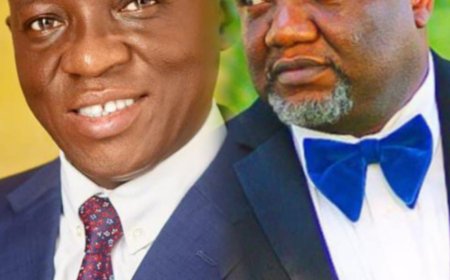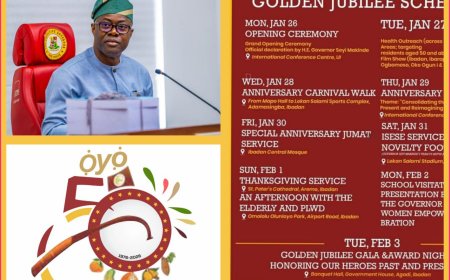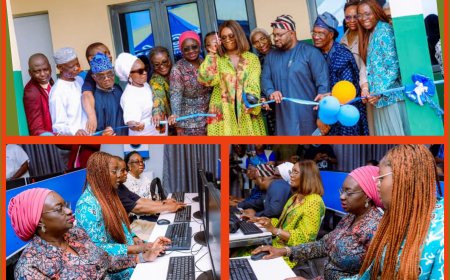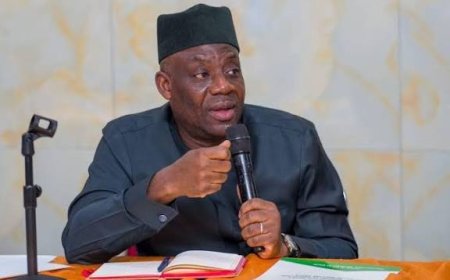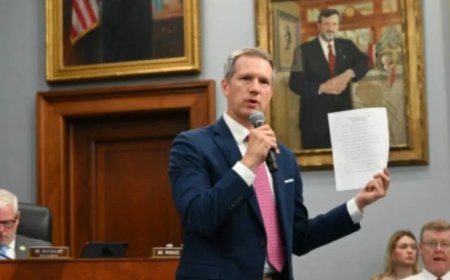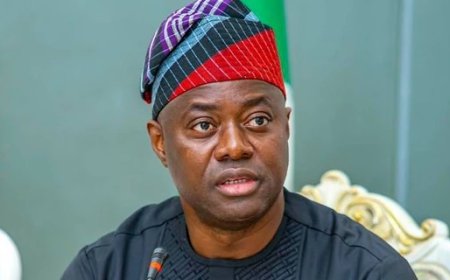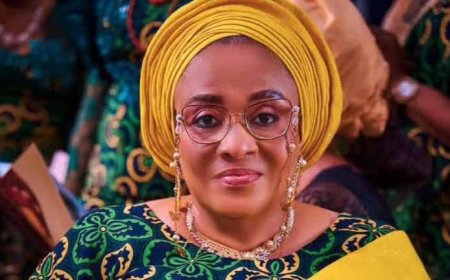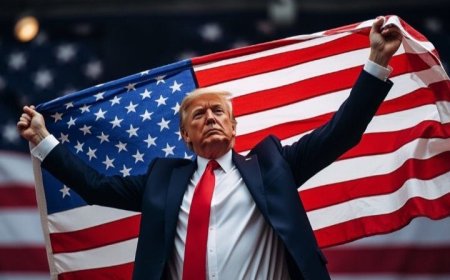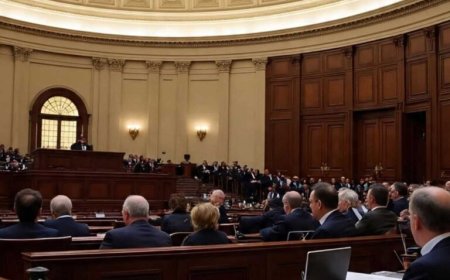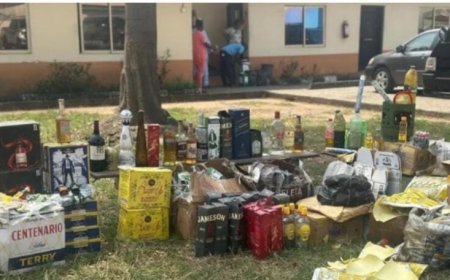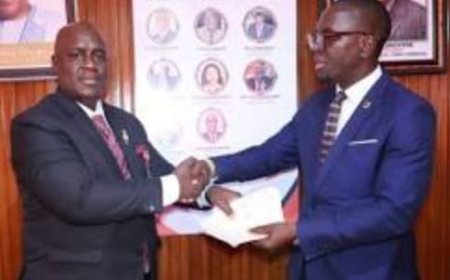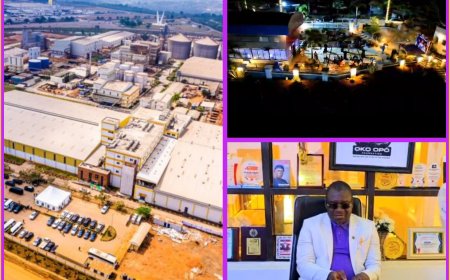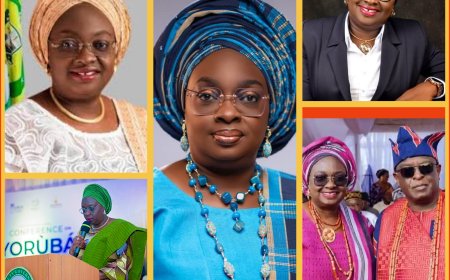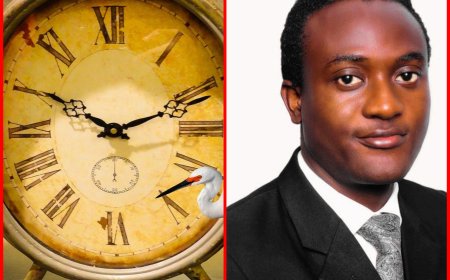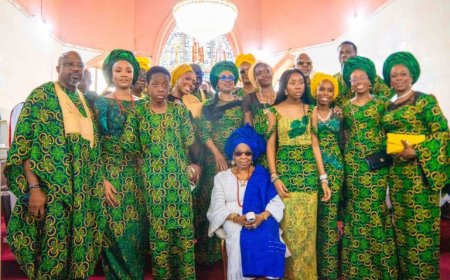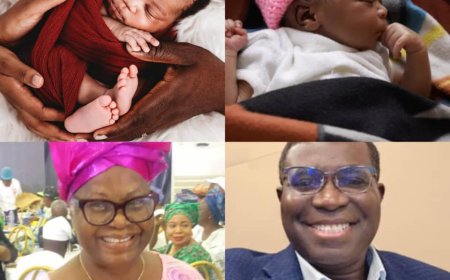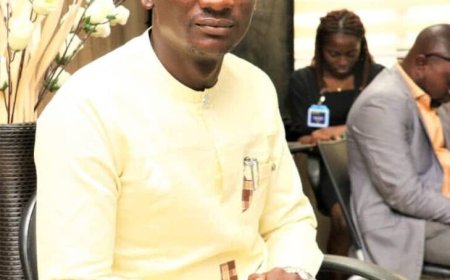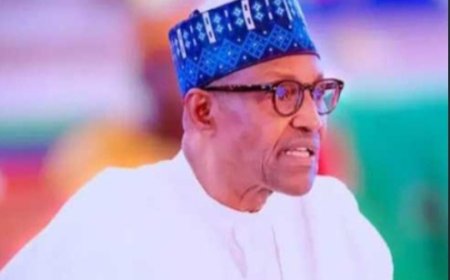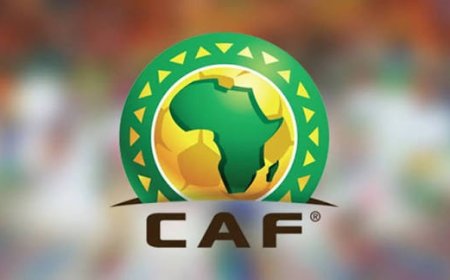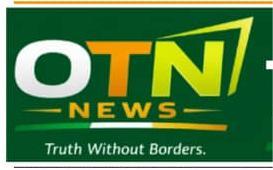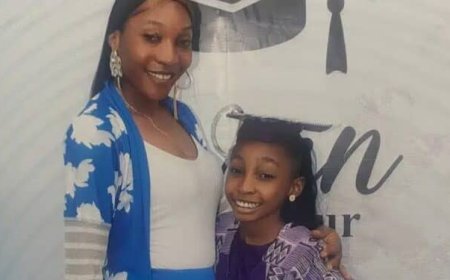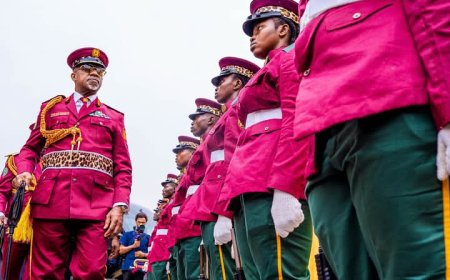Presidency Blows Hot, Dismisses World Bank’s 139 Million Poverty Claim as Unrealistick
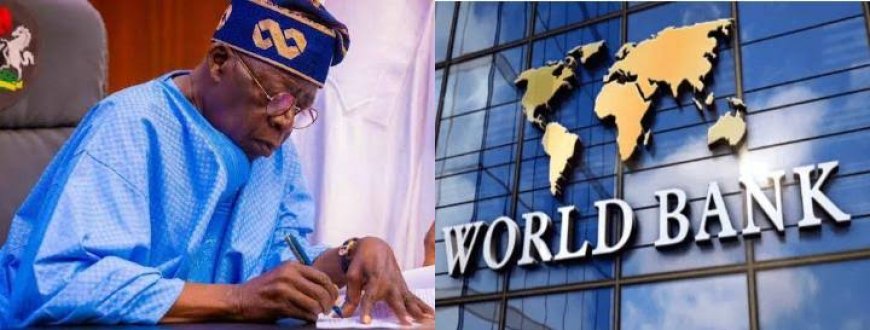
By: Israel Adeleke
OPEN TELEVISION NAIJA (OTN) News reports that the presidency has rejected the World Bank’s latest report claiming that 139 million Nigerians currently live in poverty, describing the figure as “detached from Nigeria’s economic realities” and an “analytical abstraction” rather than an empirical headcount.
OTN News further reports that in a statement released earlier this week by president Bola Tinubu’s Special Adviser on Media and Public Communication, Sunday Dare, the government faulted the World Bank’s methodology, asserting that the figure must be “contextualised” before being regarded as valid.
OTN News observes that the rebuttal followed the launch of the October 2025 Nigeria Development Update (NDU) in Abuja, where the World Bank Country Director for Nigeria, Mathew Verghis, presented findings that indicated a sharp rise in poverty levels from 87 million in 2023 to 129 million in April 2025, and now 139 million.
According to the NDU report, titled “From Policy to People: Bringing the Reform Gains Home,” while Nigeria’s macroeconomic reforms have stabilized key indicators, they have not translated into improved welfare for millions of citizens.
The World Bank observed that food inflation remains a major burden, with households spending up to 70% of their income on food, while the cost of a basic food basket has increased fivefold between 2019 and 2024.
However, the report also acknowledged progress in certain areas: the economy grew by 3.9% in the first half of 2025, foreign reserves surpassed $42 billion, and the fiscal deficit dropped to 2.6% of GDP, with public debt projected to decline to 39.8% the first reduction in over a decade.
OTN News further observes that despite these improvements, the World Bank warned that without more effective social safety nets and cost-of-living relief measures, Nigeria’s poorest citizens would not benefit from the gains.
Responding, the Presidency argued that the Bank’s poverty threshold of $2.15 per person per day based on 2017 Purchasing Power Parity (PPP) is misleading when applied to Nigeria’s current economic conditions.
It stated that when converted to nominal terms, the amount equals about ₦100,000 per month, far above Nigeria’s new minimum wage of ₦70,000.
“The World Bank’s estimate is a modelled projection, not a factual count,” Dare said, noting that Nigeria’s last major consumption-expenditure survey was conducted in 2018/2019, making the data outdated.
He added that the PPP-based analysis fails to reflect informal and subsistence activities that sustain many Nigerian households.
The Presidency maintained that the trajectory of economic recovery matters more than static figures, insisting that the country is on a path of reform and resilience.
It further highlighted several social and economic initiatives under President Tinubu’s administration, including:
Conditional Cash Transfers to 15 million households, with ₦297 billion disbursed since 2023.
Renewed Hope Ward Development Programme, providing micro-infrastructure and social services across 8,809 wards.
Expanded National Social Investment Programmes (NSIP) such as N-Power, GEEP micro-loans (TraderMoni, MarketMoni, FarmerMoni), and the Home-Grown School Feeding initiative.
Food security measures, including subsidised grains, fertiliser distribution, and revival of strategic food reserves.
Infrastructure investment through the Renewed Hope Infrastructure Fund to boost jobs and reduce living costs.
Support for small businesses via a National Credit Guarantee Company offering risk-sharing loans to entrepreneurs.
The Presidency reaffirmed President Tinubu’s commitment to building a “resilient and inclusive economy,” where macroeconomic gains translate into real improvements in citizens’ living standards.
“Our focus remains on long-term structural reform, not alarmist figures that do not reflect Nigeria’s lived economic realities,” the statement concluded.
What's Your Reaction?










